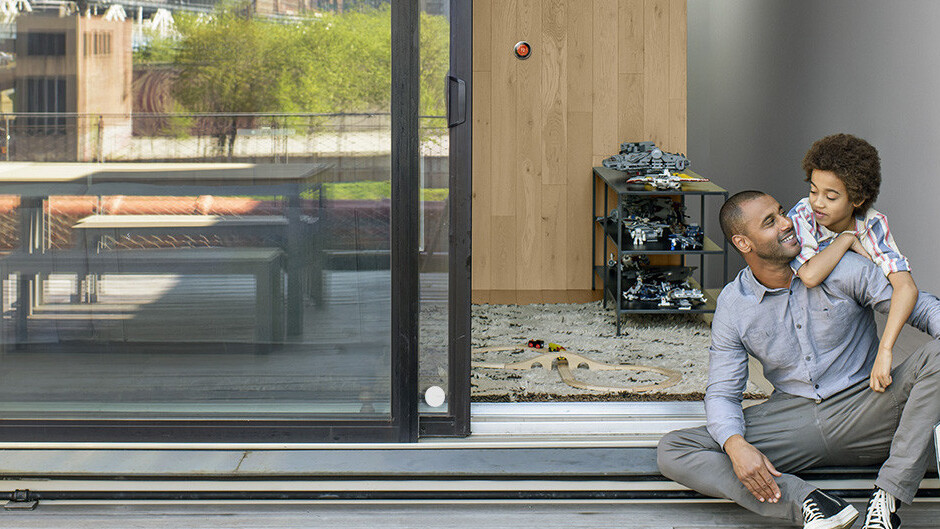
The simplicity of 1-Click Ordering now means that Amazon users can hop aboard the tech hype train and transform their humble abode into a smart home with relative ease. People can already be seen showing off to their friends and family (you know who you are) how Alexa can turn on their lights or make the room warmer by just using their voice.
Google Home also offers the same functionalities. But what problems are these new virtual assistants solving? Or is it just another case of technology for technology’s sake? A tech startup called Notion has an alternative view and is niching down to position itself in unchartered waters with their home awareness kit.
A combination of a wireless hub and tiny sensors can instantly send notifications directly to smartphones that provide updates on life’s more practical problems, fears, and concerns. While away from home, users will receive alerts of any potential water leaks, smoke alarms and the opening of a door or window in their absence.
The startup also recently announced that Notion will now work with the Nest Learning Thermostat and is also launching its second-generation home monitoring sensor.
Our reason for integrating with Nest is to close the loop between the purposeful information that Notion provides and Nest’s intelligences that enable homeowners to take real-time action no matter where they are. – Brett Jurgens, co-founder, and CEO of Notion.
The platform is much more about awareness than security. The opportunity to provide a holistic view of a home’s health and have the ability to take immediate action on temperature-related alerts has predictably caught the attention of insurance companies too.
Most people believe that the biggest threat to their home is crime and end up filling their homes with CCTV cameras and intruder alarms accordingly. However, insurance data reveals that a water leak is by far the most high-frequency insurance claim out there.
Leaks can come from the sink, fridge, dishwasher and water heaters. On my podcast, Brett Jurgens, co-founder, and CEO of Notion advised that the startup is now working directly with insurance companies to determine where perils may occur. Temperature sensing is another a player in this, and preventative mindset needs to be learned too.
For example, a sensor that notices a dramatic drop in temperature could determine if pipes are at risk of bursting. But most incidents can be avoided with more awareness and preventive measures. So would a nudge in the right direction from a sensor to your phone be welcomed?
Since its public launch in 2016, Notion has delivered more than six million peace-of-mind messages to homeowners in the form of push notifications (up two million from June 2017) and has helped them save more than $1 million in property damages in the last year.
The home awareness platform is also enabling insurers to learn homeowner habits and proactively predict insurance claims, instead of reacting to them which is currently the norm.
A proactive approach to protecting your home will essentially allow insurance companies to know what is happening in all properties that they insure in real time. The ability to understand the severity of a problem before a claims adjuster visits the home or even automate the process will have obvious appeal too.
With a $10 million Series A funding round in June 2017, the future of the Colorado-based startup looks promising. The big question that remains is if users will adopt a proactive mindset to protect their home rather than react to incidents. And will providing insurers with real-time access to home sensors in exchange for lower premiums be a tradeoff that they would be willing to embrace?
The fact that we are now talking about solving real problems using technology and not just asking it to switch on a light, turn the heating up or change the TV channel certainly feels like a step in the right direction.
Get the TNW newsletter
Get the most important tech news in your inbox each week.





